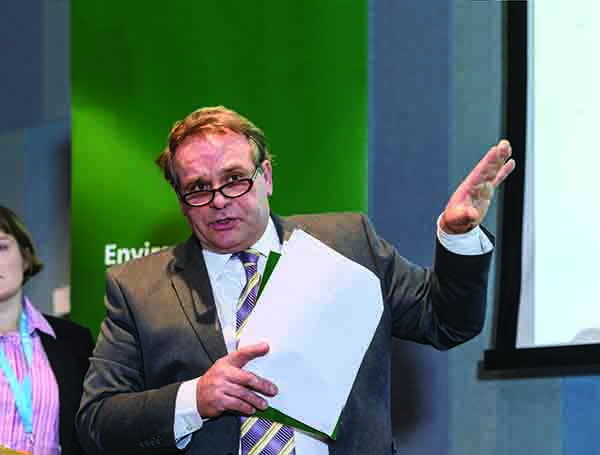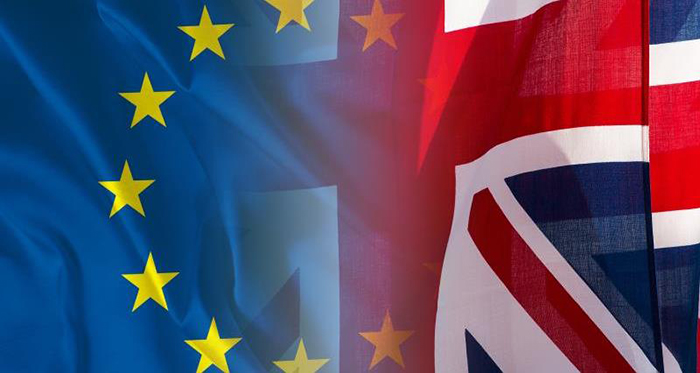Neil Parish is MP for Tiverton and Honiton and chairs the Environment, Food and Rural Affairs Committee, currently holding Defra to account over its Brexit plans
As chair of the EFRA Select Committee, my role is to lead inquiries, produce reports and properly scrutinise the work of government.

Lately, Defra has published a significant number of important Bills. After all, they are the Department most affected by Brexit. Over 80% of Defra’s rules and regulations currently derive from the EU.
Defra’s legislative framework for a post-Brexit world must be scrutinised. We need to ensure that when Bills become statute, they are fit-for-purpose, balancing the rights of individuals, businesses and government. It may be hard to believe, but government cannot always be trusted to get it right!
To this end, I have tabled a number of amendments to the Agriculture Bill. I know Defra are looking closely at my suggestions, but curiously there is some resistance in government to enhanced parliamentary scrutiny and strong legal protections in future trade deals for our farmers. I find this hard to understand.
We have all heard the stories about chlorinated chicken and hormone-injected beef, but the issue goes deeper than consumer protection.
We need to strike a balance when we do trade deals, to ensure it’s a fair playing field for our farmers.
That’s what my amendments will do. ‘New Clause 4’, if selected by the Speaker and approved by Parliament, will ensure agricultural goods should only be imported into the UK if production standards are as high, or higher than, standards which already apply under UK law.
It would protect our farmers from a competitive disadvantage – and consumers from lower standards. It would mean we retain our status, in law, as the world-leader on animal welfare, protection of the environment and food safety.
Indeed, ‘New Clause 13’, the most recently tabled of my amendments, goes further. It would mean the UK could not ratify international trade agreements relating to agricultural products, without prior approval from Parliament.
Similar approval is required by US Congress for international agreements like joining NAFTA. There is no reason why we shouldn’t have the same.
For me, Ministerial assurances won’t do. I’ve been in politics long enough to know how government works. The buck is being passed between Defra and the Department for International Trade – and it needs to stop. That’s why Parliament must force the government to take the protection of our farmers seriously. And that means legal protection, now. Because if we leave the EU without a deal, or leave the EU and enter the proposed transition period, we will be free to negotiate comprehensive trade deals immediately.
Added to that a no deal WTO Brexit would result in eye-watering tariffs being slapped on UK exports to the EU. It remains a real and present danger to our farming community. We must avert it.




